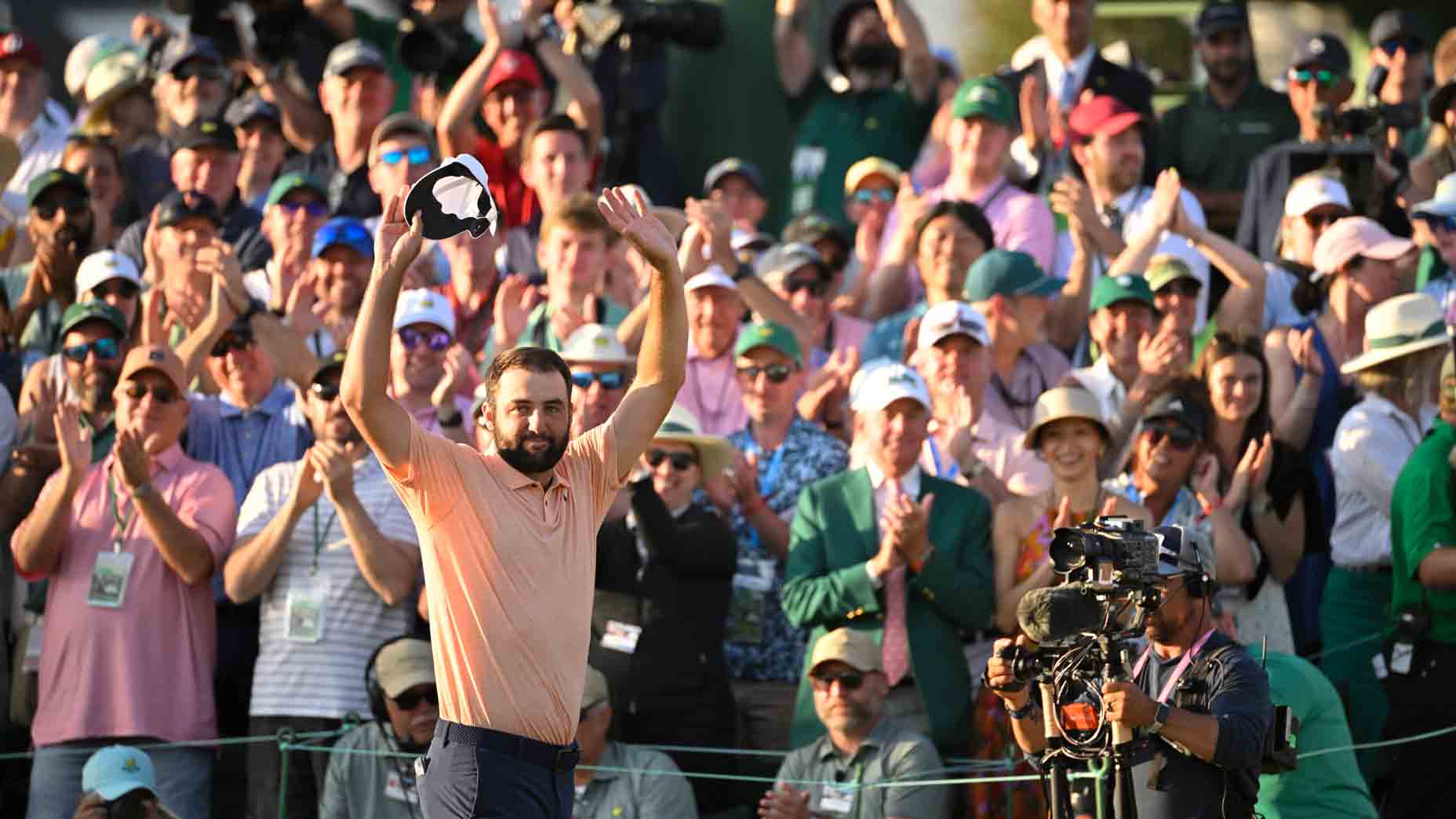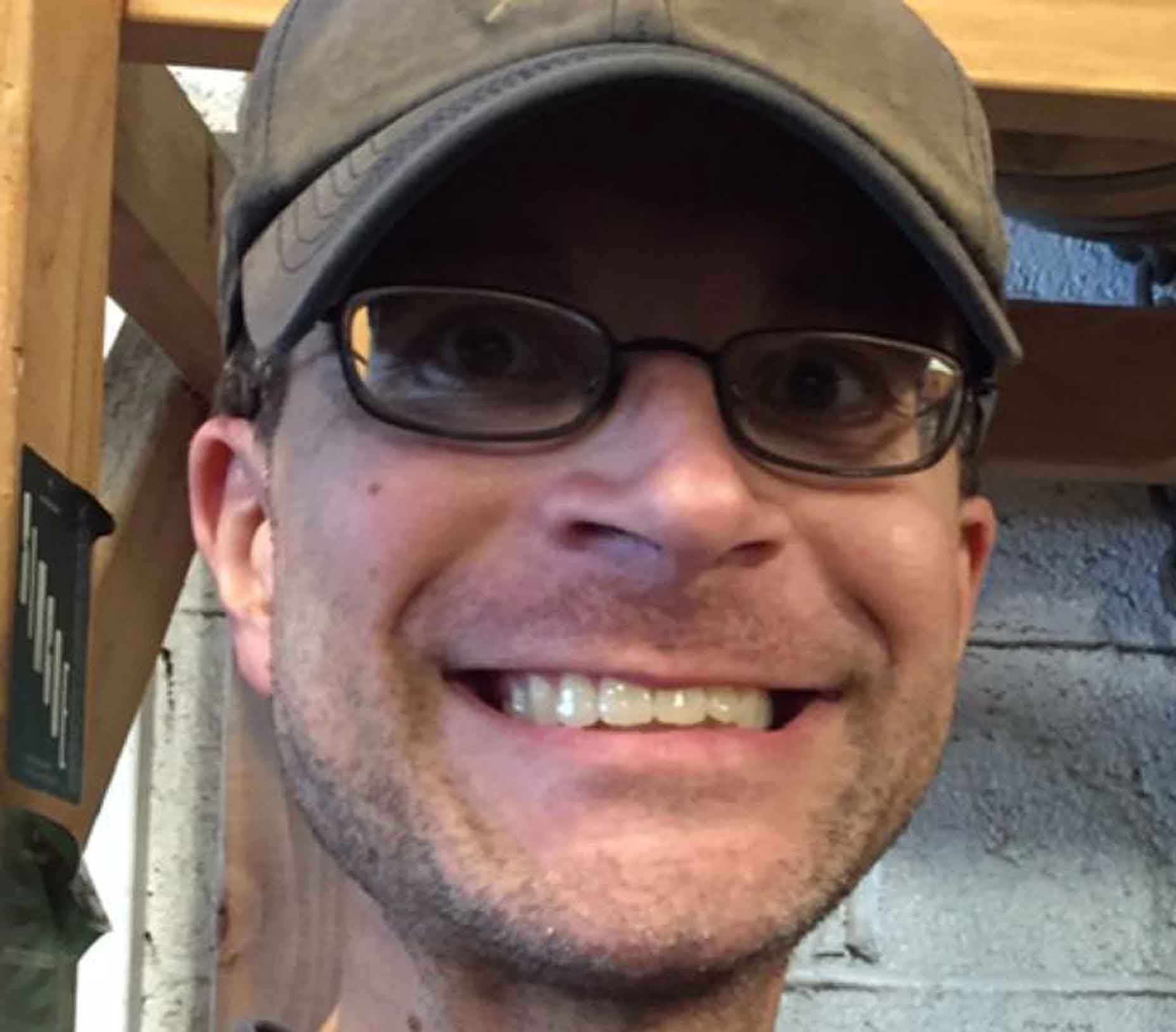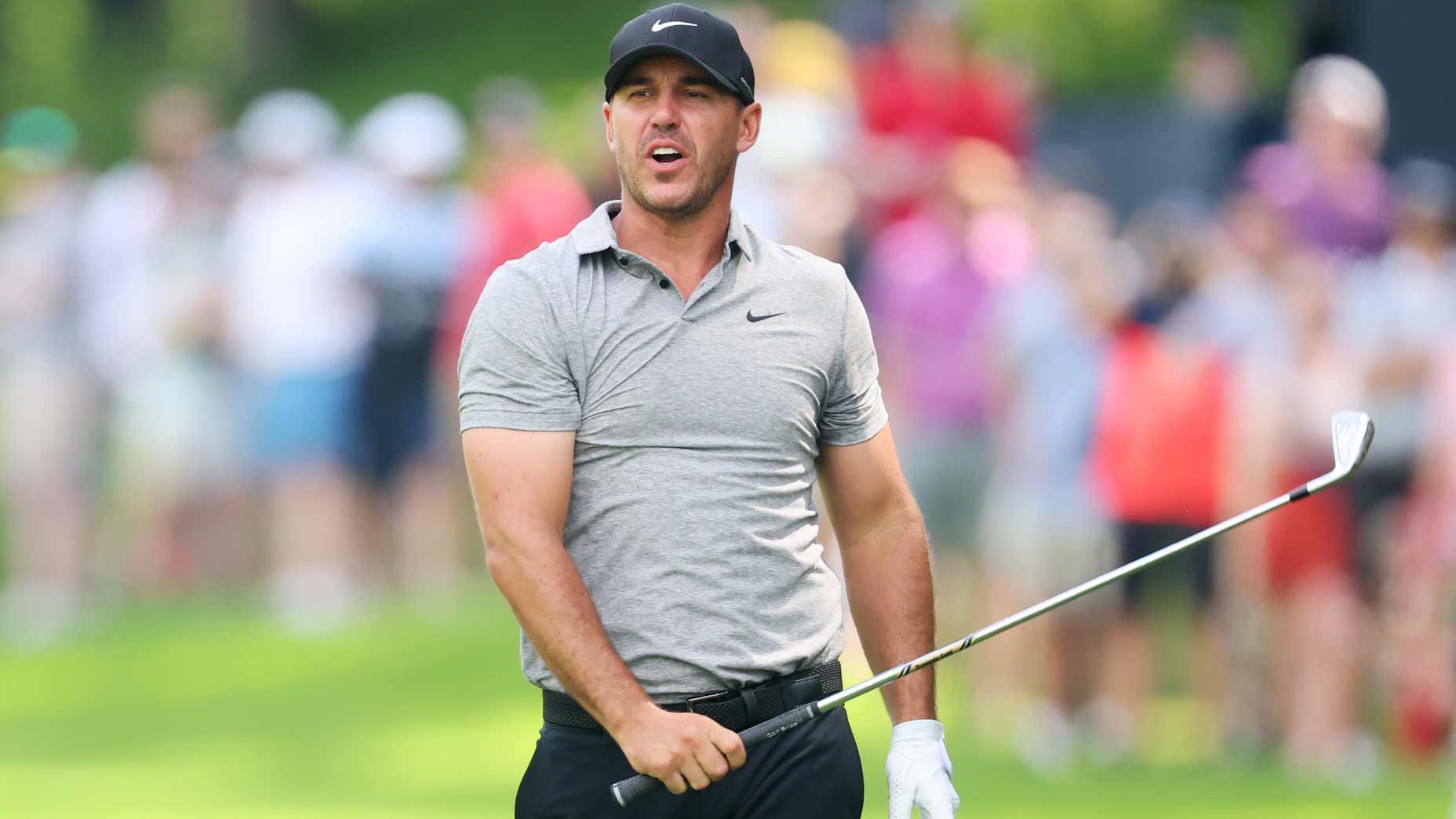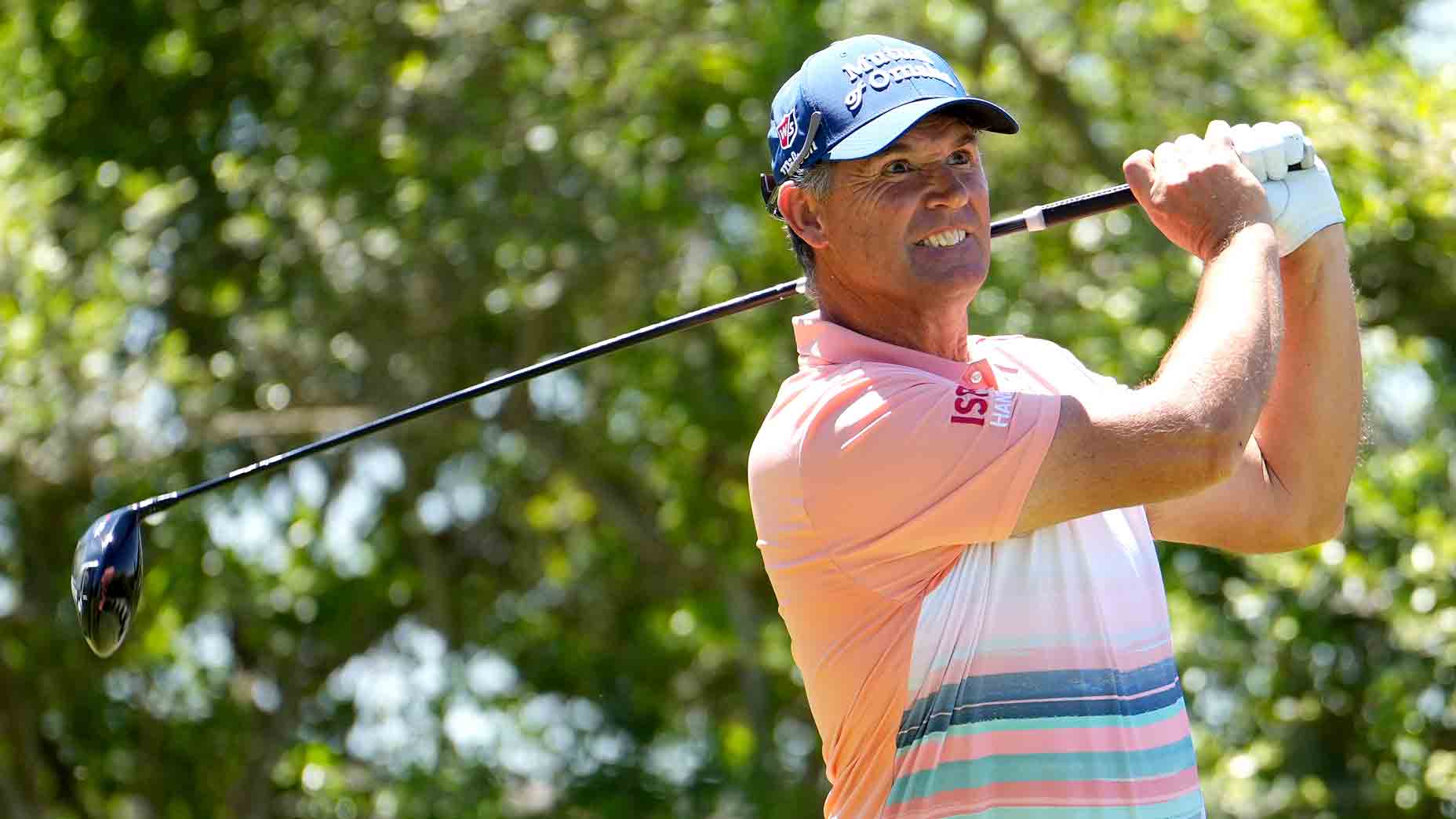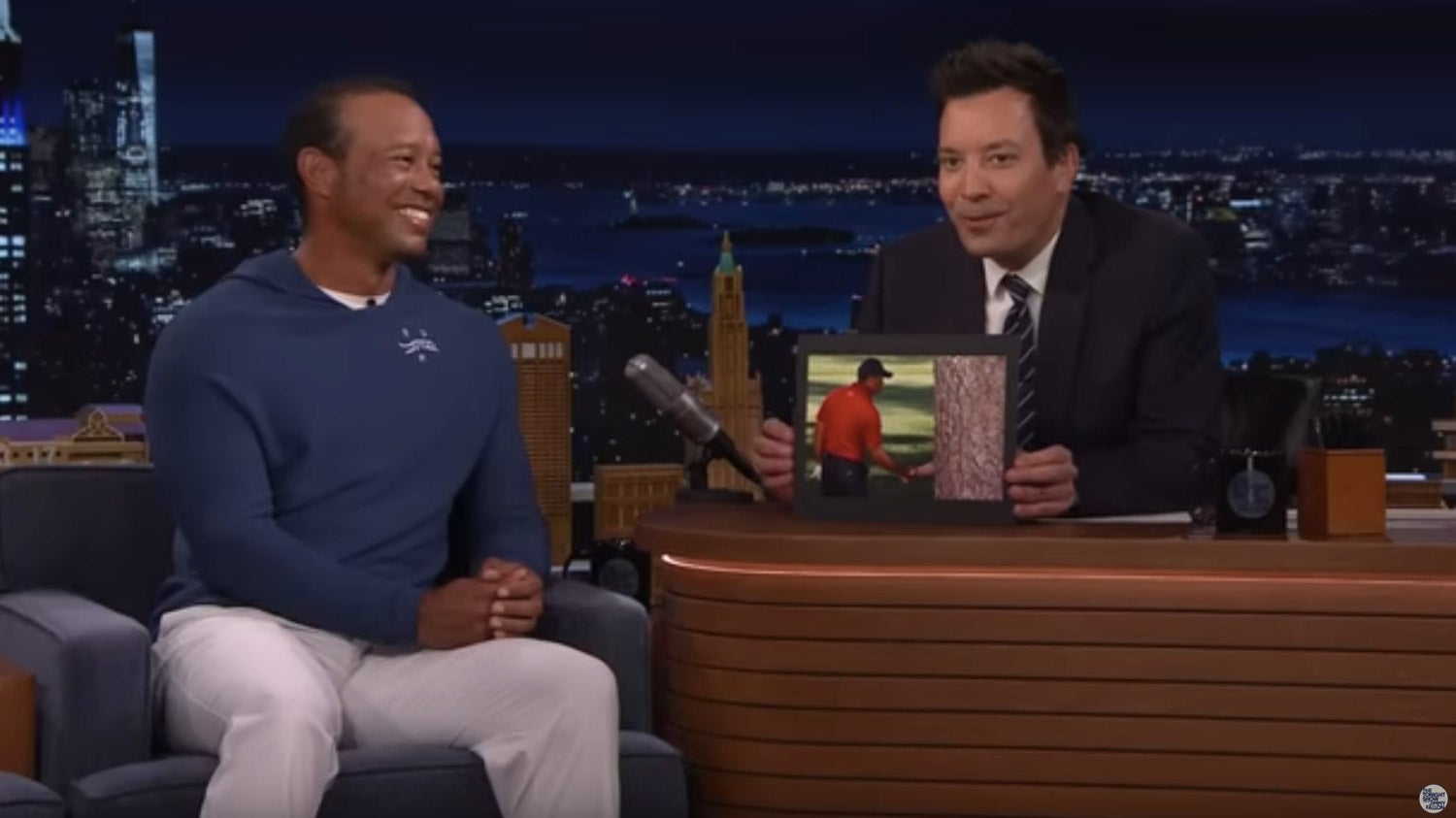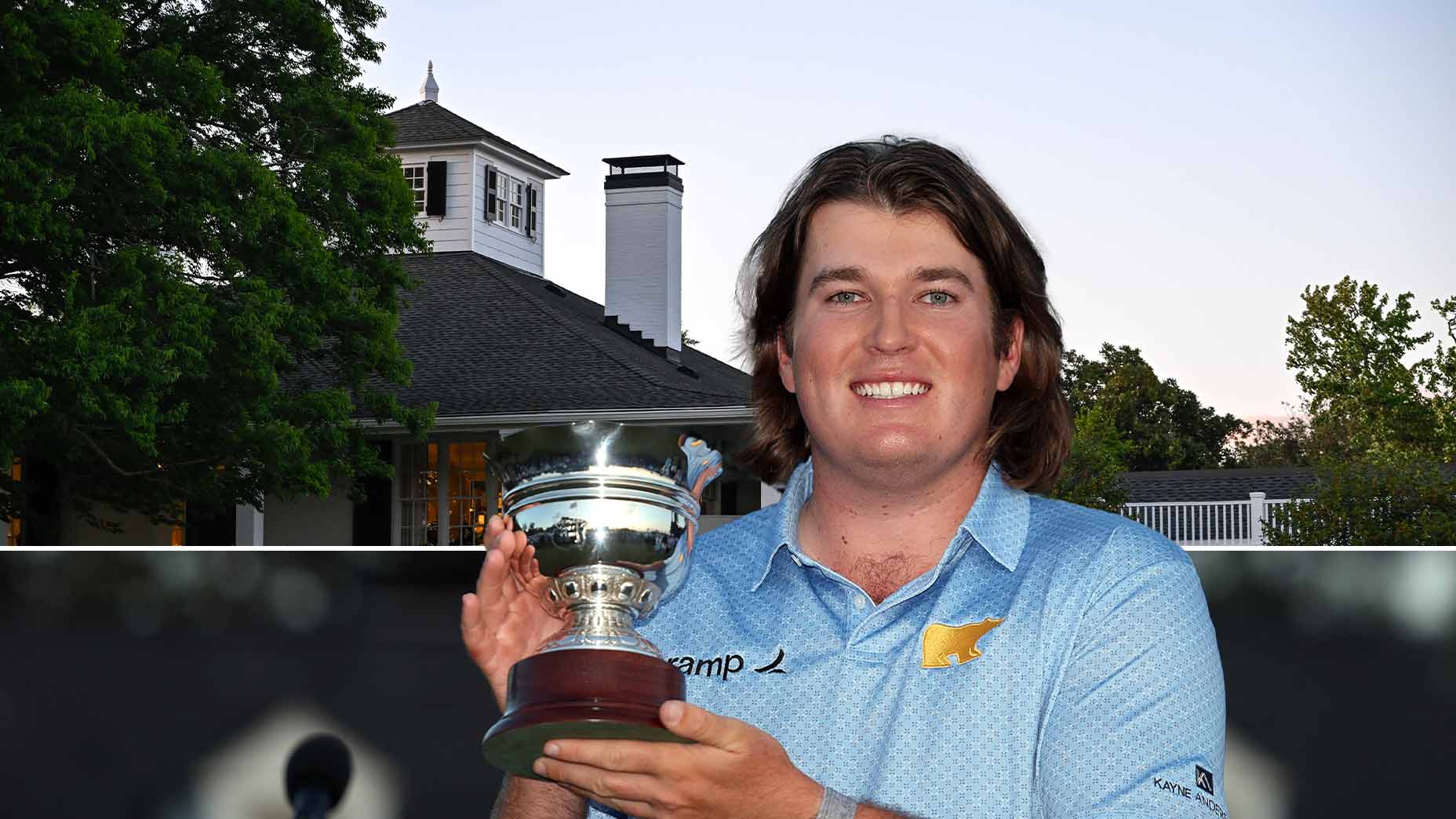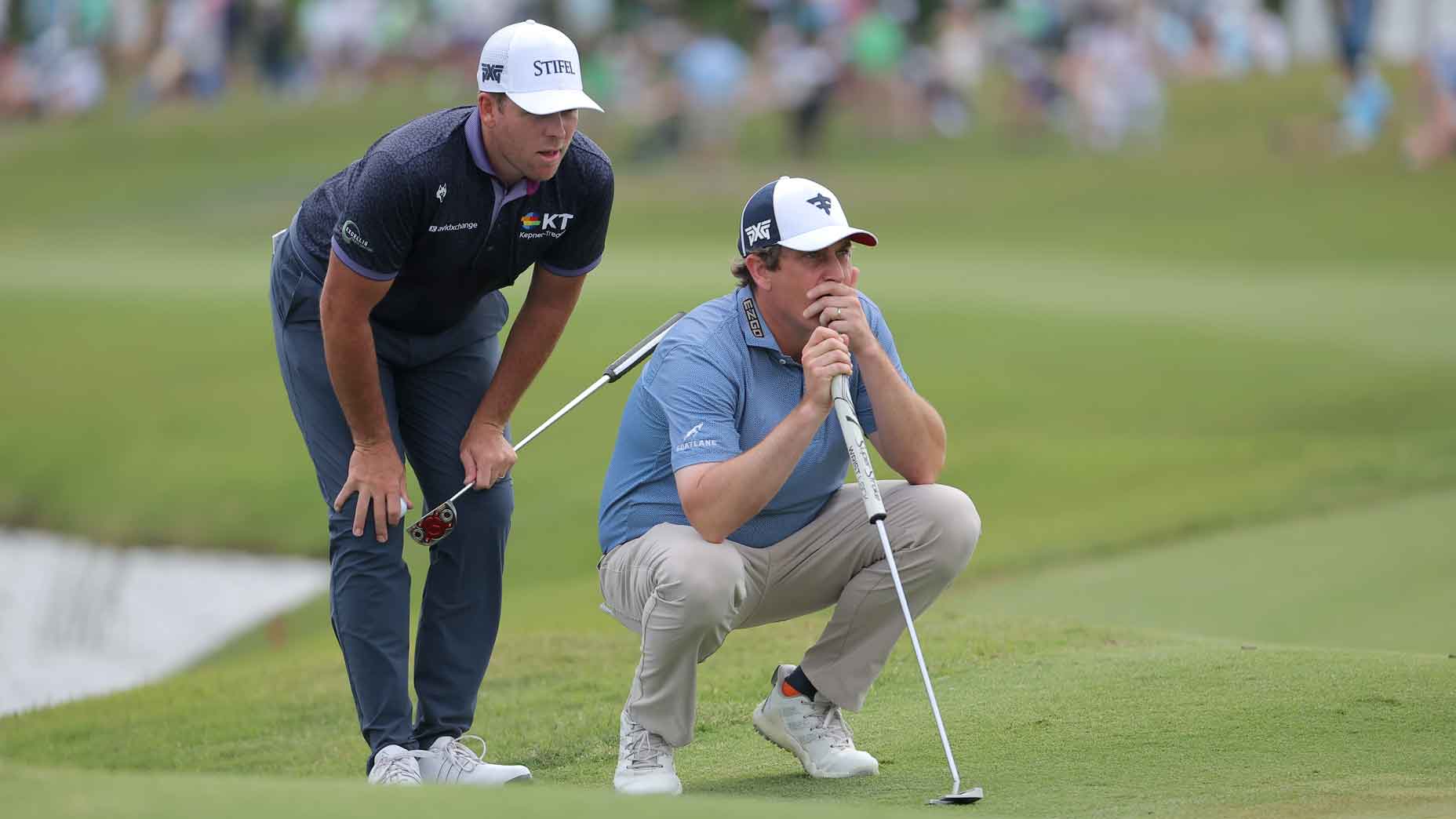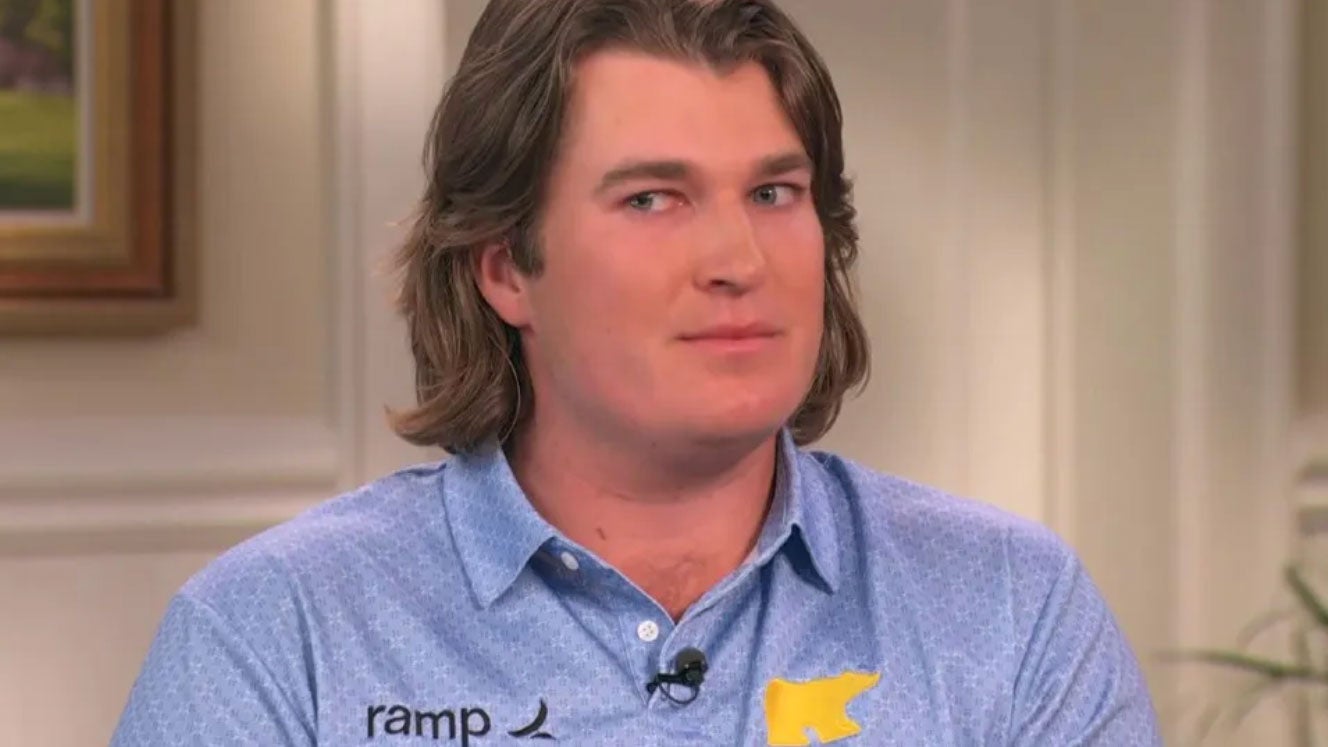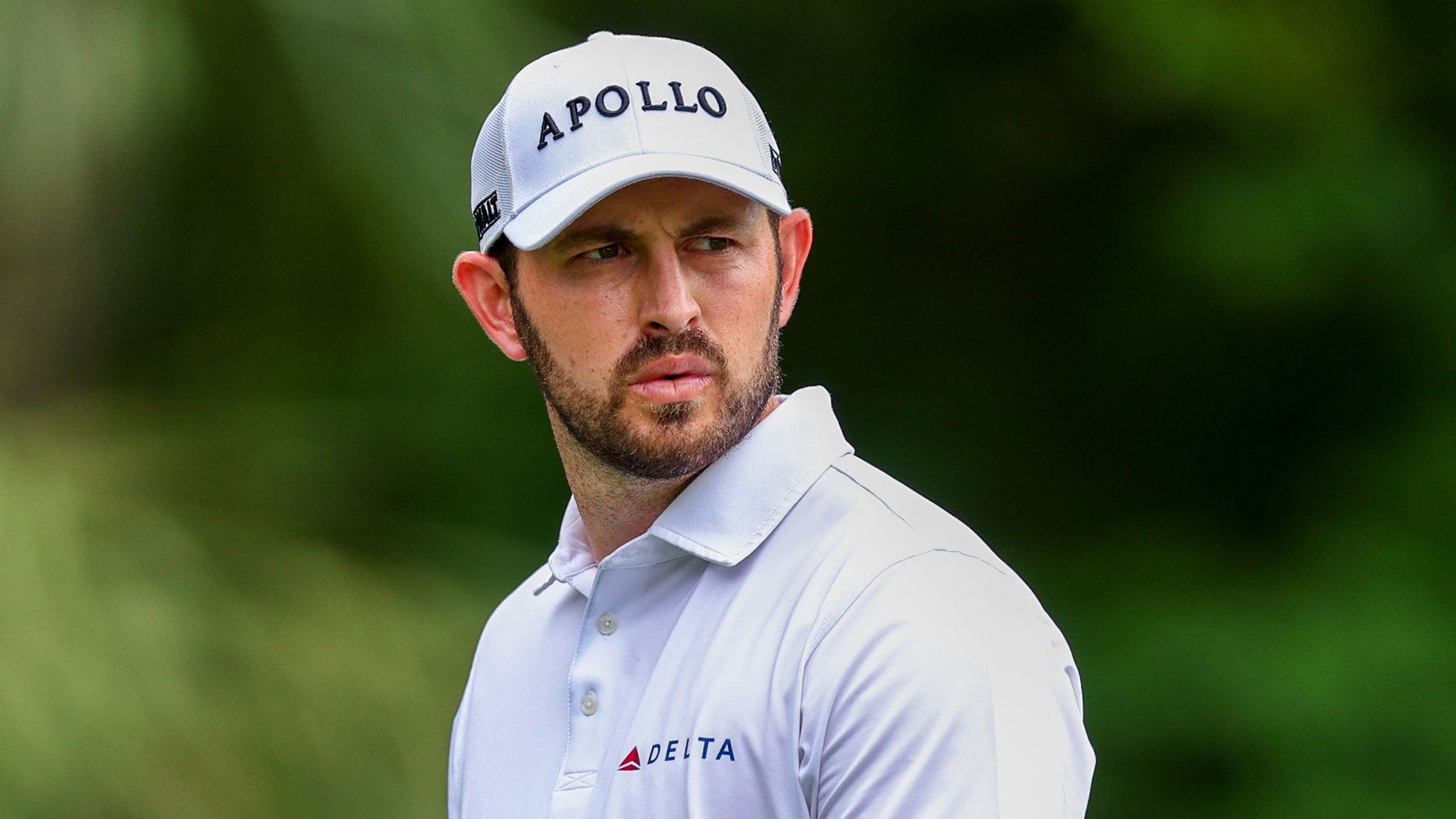What would 6-handicap shoot at Augusta? Major winner has specific story
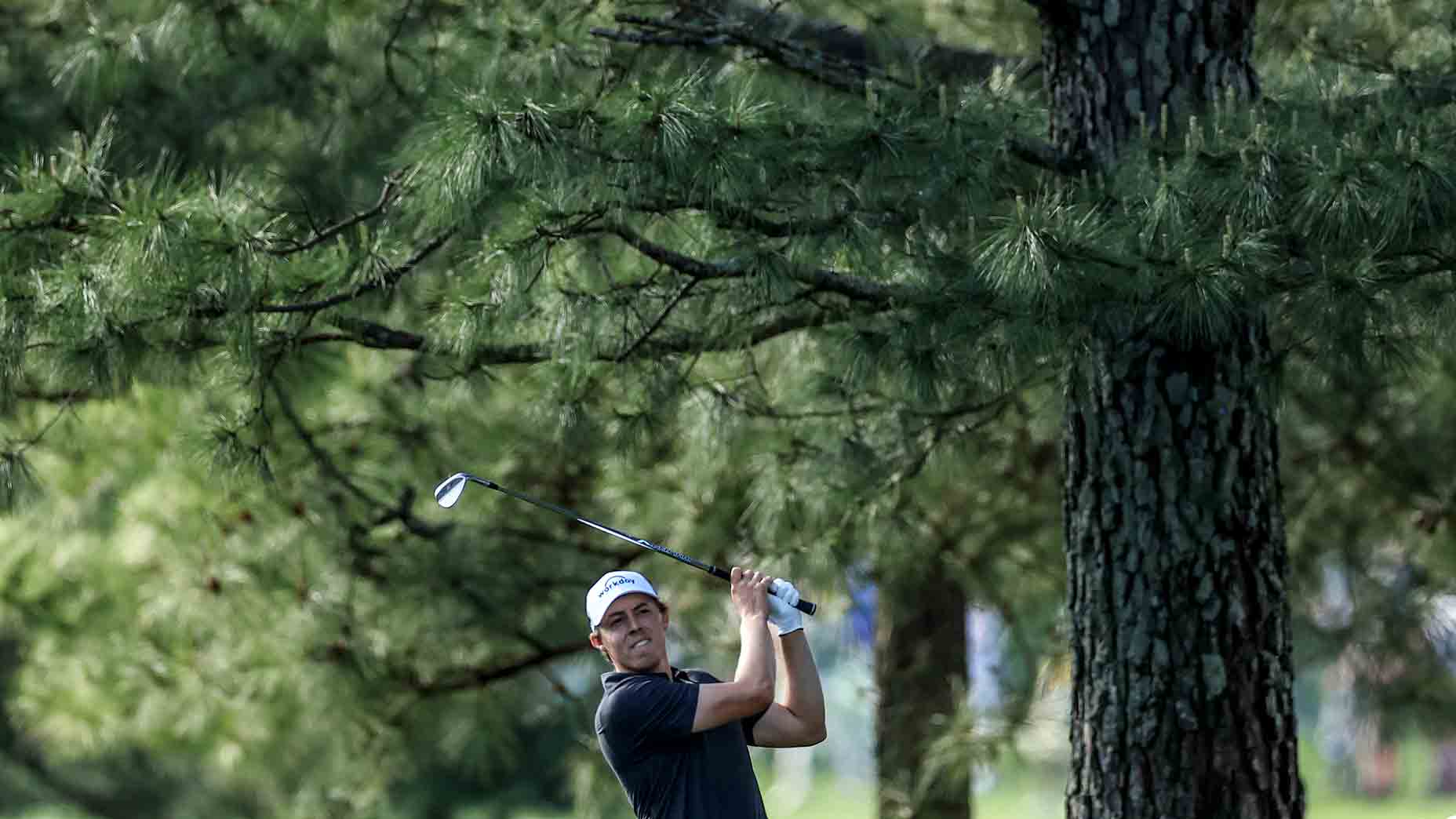
Matt Fitzpatrick hits a shot last Thursday on the 17th hole at Augusta National.
Getty Images
Matt Fitzpatrick admits he hates the question. But he answers anyway.
Yes, a low handicap would struggle at Augusta National. A 6, he says, wouldn’t even break 90.
But you want more?
Let him tell you about the 15th hole.
The topic is a popular one on these pages. It engages. It makes you wonder. Last week, as the Masters was played at ANGC, we published a story that polled three green jacket winners on the subject, and you can read that story here or at the bottom of this story.
It’s on that note that Fitzpatrick was asked for his opinion ahead of this week’s RBC Heritage. The 2022 U.S. Open winner was fresh off respectably tying for 22nd at the Masters.
“My big thing,” he said, “is every single shot that I felt last week, particularly with how strong the wind was, the greens, it’s on a knife edge.”
Like on the 15th, the 550-yard par-5, where pros can challenge the green in two should they wish, though there is water in front of the green, and water at the end of a slope off the back of the putting surface. The latter drew Fitzpatrick’s focus.
Say the 6-handicap went just long, and the pin’s in the back of the green.
Now you have about a 15-yard chip back up the slope.
From here, Fitzpatrick divulged the difficulty.
“Now, for us players, we’re playing away from the pin,” he said. “You’re not playing, you’re not trying to flop it because you can’t. You’re trying to maybe bounce it short. Us players are kind of trying to just chip it on the green and give ourself a 15-footer for birdie. A 6-handicapper isn’t going to be chipping it better than me or Scottie Scheffler or whoever you want on Tour. So they’re struggling to keep it on the green at that point. So you’ve gone from potentially making like, oh, a par-5 in two, to scrambling for a bogey.
“So I think that’s, that kind of tells you a lot. That’s just one hole. Before you know it, there’s other holes that can make it add up way more than that very quickly. So, yeah, minimum 90, yeah.”
How did Fitzpatrick fare last week on the 15th? We’ll say below average. Two pars. Two bogeys. During the first round, he actually closely demonstrated what he discussed above, going over the green in two shots, then chipping just short of the green from 30 yards away before making a par. The next day, he again tried to reach the green in two, but came up short, and his ball finished in the water on his way to a bogey.
In rounds three and four, he hit tee balls left and followed up with shots short of the green. During the third round, he hit just over the green with his third shot and parred. During the final round, his second shot got caught up in trees, he hit his third shot short of the water, he hit his fourth shot on and two-putted for a bogey.
Notably, Fitzpatrick was also asked how tired pros are after a Masters week.
He started his answer by saying just: “Yeah, definitely.”
“More mental than physical,” he continued. “Physically, Augusta is very hilly, but I think the biggest thing for me is if you think of any hole on the PGA Tour or any golf course on the PGA Tour, take this as a great week, in my opinion. You’ve probably got two, three, four breather holes that I would call them, where you kind of get on there and you’re like, OK, I can take a bit of a breather here; it’s not too difficult.
“With Augusta, there just isn’t one. You can hit a shot and make a bogey in a split second without even trying. Half the time I feel like you’re scrambling for a bogey rather than just an easy bogey at times. For me, I think that’s the biggest thing is that every single hole you got to be switched on, you got to be thinking about where you’re hitting it. That is what I learned from the very first time I went to Augusta is that you got to plot your way around, you can’t short side yourself, you can’t miss in the wrong spots. That’s what makes it different from everywhere else because where they put the pins and how the golf course is set up sort of forces that play on you to be more positional than a standard PGA Tour event [that] might be four, five right of the, from the right with a pin you can go pretty much at it, because it’s only a bit of light rough or an easy bunker.
“Whereas, there’s no gimmies at Augusta, in my opinion.”
Editor’s note: Below is the story GOLF.com published last week on the subject. Its headline was: “What a 15 handicap would shoot at Augusta National, according to Masters champs.”
***
The Masters may not have the reputation as the most difficult major championship, but that doesn’t mean Augusta National is a cakewalk to the game’s best players.
From wild elevation changes to massive slopes and demanding contours around the greens, Augusta poses one of the more unique tests to the Masters field each year.
But, given the uber-private nature of the club, the course presents a test we rarely get to see average golfers take.
So, we asked some Masters winners how a 15-handicap golfer would fare given the chance to play Augusta National in Masters conditions.
Both two-time winner Jose Maria Olazabal and 1998 winner Mark O’Meara laughed.
“A 15 handicap at Augusta National, from where these kids play today for sure would not even have a chance of breaking 100,” O’Meara told GOLF’s Claire Rogers. “That’s how difficult the course is. That’s how much slope there is and speed in the greens. An average player would have a very difficult time getting around Augusta National in less than 100.”
Larry Mize agreed with O’Meara’s assessment.
“They would have a hard time breaking 100, they really would,” the 1987 green jacket winner told GOLF’s Zephyr Melton. “Playing there for the first time, you’re just going to be so excited. It’s going to be hard to focus in on your game. It’s just the nerves of playing there for the first time.
“And then maneuvering those greens, the average amateur does not play greens like that. They may get some contours similar to that but the speed is pretty unusual — they’re pretty quick.
“I think a 15 handicap, because they’re normally shooting mid-80s, something like that? They would have to play really really good to break 100.”
Olazabal echoed his colleagues’ thoughts about amateurs having a “hard time” breaking 100.
So if you are ever lucky enough to score a round at Augusta National, you better lower your expectations and bring your A-game.


